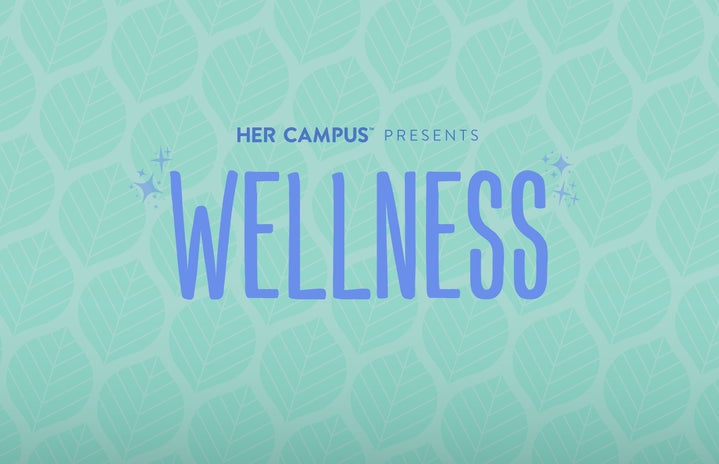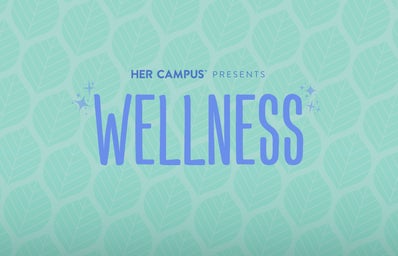You’re in the middle of a morning shower. As you finish soaping up and brace yourself for the cold October air that awaits you, you notice something on your chest. It’s a lump. You shrug, indifferent, and brush away any suspicions entrapping your mind. After all, you’re a man. What are the chances that something’s really wrong?
Breast cancer is sadly one of Ireland’s most common and aggressive cancers, with an estimated one in nine women being diagnosed annually with the disease. While awareness has grown rapidly in recent years, the impact the disease has on men remains an unexamined issue.
While the condition is rare in men, with an estimated 25 cases reported annually in Ireland, diagnoses for males come significantly later in comparison to women. Stigma can be a prominent factor in this delay.
“Because not many men get breast cancer, they may feel alone or embarrassed about their diagnosis and find it difficult to talk about,” a representative from The Irish Cancer Society explains.
Early detection is key to tackling the condition. Common treatment options, including chemotherapy, hormone, and radiotherapy are as effective in male patients as their female counterparts.
The emotional toll of cancer is debilitating for countless patients. While men may be reluctant to seek counselling after a breast cancer diagnosis, the Irish Cancer Society assures that support is in place for individuals in a highly confidential setting.
“There are counselling and other services available free of charge through local cancer support groups (funded by ICS) and through our together for cancer concern network.”
The representative also cites their survivor support network as an effective platform for those struggling in the aftermath of their cancer treatment.
In addition, practical help is available for those who need it. Lifts to and from hospitals for chemotherapy, for example, are provided through a volunteer driving service. Any patients who live over 50 kilometres away from their treatment centre may be entitled to a travel grant to make up for costs.
While factors such as age, genetic background and age- most patients diagnosed with the disease are between 60 and 70- can increase the risk of breast cancer, a more unusual cause of the condition, Klinefelter’s syndrome, is exclusive to males.
Men diagnosed with Klinefelter’s are born with an extra female chromosome, which results in the production of less testosterone in the body. While men with Klinefelter’s are at a slightly increased risk of breast cancer and gynecomastia, the growth of non-cancerous breast tissue, the chances of developing the former still remains low.
While symptoms vary, doctors recommend seeking medical advice after noticing a painless lump in or around the breast area, swelling under the arm and a rash surrounding or on the nipple.
Cancer nurses from the ICS offer advice and practical information on a support line of 1-800-200-700 on weekdays. A prominent social media and online presence also provides information on access to support services.



